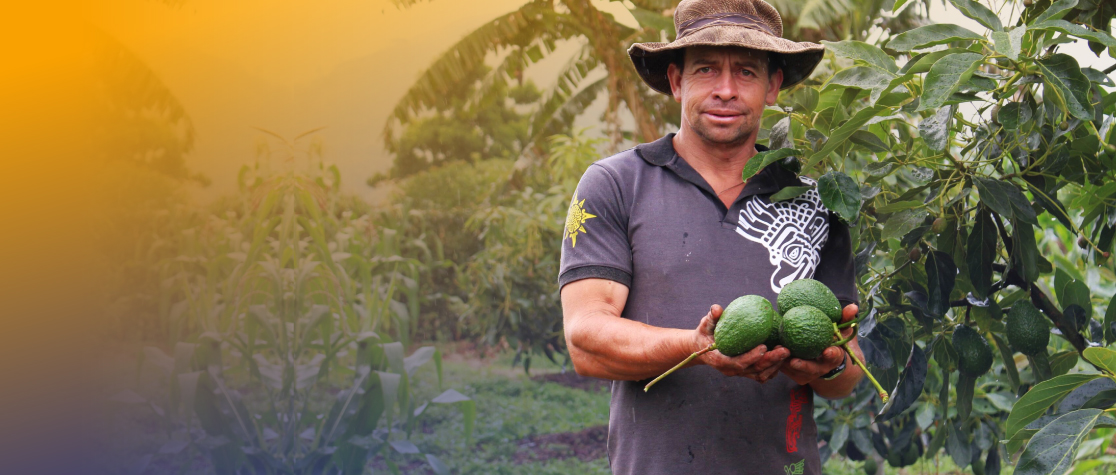Technical Exchange Cycle for Family Farming: Public Procurement
Session 1: Family Farming in Various Public Procurement Mechanisms: A Global Overview of Lessons Learned and Challenges
Virtual Event, 04/04/2024

Background
Family farming plays a crucial role in the socio-economic context in which the countries are inserted, providing not only quality food but also sustainability and cultural rootedness to communities. Through product transformation and the generation of services and infrastructure, this sector is key to creating diverse economic opportunities, not only for farmers in the territories but for the entire community.
In this context, the United Nations Decade of Family Farming 2019-2028 recognizes the importance of the sector and invites countries to promote and strengthen its development, where a key aspect lies in facilitating access to markets that value not only its production but also its cultural richness and the diversity of its products. Likewise, access to markets must be connected with family farmers' access to infrastructure, technology, information and communication systems, and innovations adapted to enhance their productive capacity.
One of the main mechanisms to make this connection is through public procurement. Through programs and policies of direct procurement from family farmers and their organizations, states and public entities manage to access healthy, nutritious, safe, and culturally appropriate food, while ensuring fair and equitable conditions for producers.
With the aim of further deepening dialogue and promoting cooperation among countries, this second edition of the Technical Exchange Cycle seeks to generate a space where experiences of public procurement for family farming are shared and enriched. It is hoped not only to learn from the successes, challenges, and lessons learned from the speakers but also to create synergies that promote efficiency and equity in these processes.
In the first session of this exchange cycle, it is proposed to make an initial reflection on how different mechanisms and initiatives of public and institutional procurement promote social, institutional, and technological innovations. It will focus on a first global overview of the main lessons learned in the incorporation of family farming into public procurement mechanisms, and the challenges and bottlenecks existing in this agenda.
In addition, the importance of the link between family farming and school feeding initiatives will be highlighted, and how this strategic articulation allows addressing challenges related to food and nutritional security, the insertion of family farming in new markets, and sustainable rural development.
The reflection will also aim to mobilize a dialogue and cooperation agenda within the framework of the UNDFF to guide the actions of different countries.
This activity is part of FAO's efforts to support the implementation of the UNDFF globally and will be developed through the Regional Technical Platform for Family Farming, facilitated by the FAO Regional Office for Latin America and the Caribbean. The Regional Technical Platform for Family Farming is a global initiative facilitated by the FAO Office for Latin America and the Caribbean in coordination with the Family Farming Unit, Parliamentary Networks, and Communication for Development, aiming to generate spaces for dialogue and exchange of experiences to promote technical innovations.
Additionally, the seminars are part of the process leading to the Mid-Term Forum of the United Nations Decade of Family Farming 2019-2028, which will be held in October 2024. Thus, these will contribute to enriching critical debates throughout this year on the necessary policy innovations to support family farming today and in the future. The results of the sessions will be presented at the Mid-Term Forum of the UNDFF and will contribute to the identification of priority policy and technical areas that will shape the agenda of the UNDFF in the coming years.
